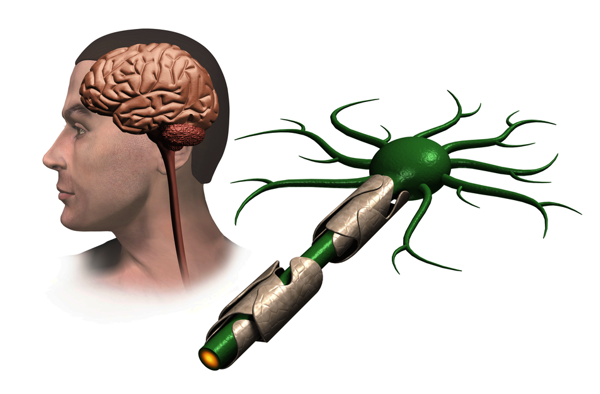Articles and Webinars
Whether you are a carer, a specialist, or completely new to continence care, Wellspect Education provides learning resources for your level of expertise
Whether you are a carer, a specialist, or completely new to continence care, Wellspect Education provides learning resources for your level of expertise

key:global.content-type: Article
In this article you will get the perspective from an individual with a SCI on the management of his bladder and bowel after the injury.

key:global.content-type: Article
Learn more about what cauda equina syndrome is, its effects on bladder and bowel, and how to manage bladder and bowel symptoms in cauda equina.
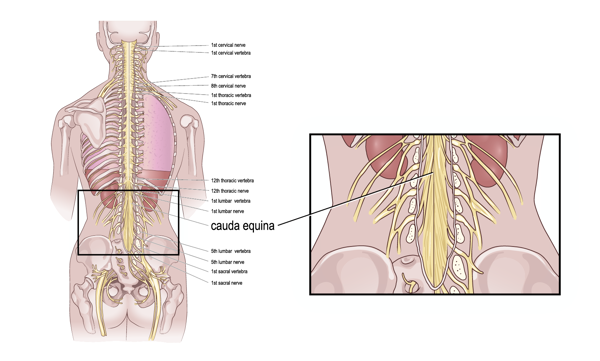
key:global.content-type: Article
Pelvic floor dysfunction (PFD) refers to a broad constellation of symptoms and anatomical changes related to abnormal function of the structures within the pelvic floor complex, which includes the supportive fibrous tissue called fascia, the blood and nerve supply and in particular the pelvic floor musculature.
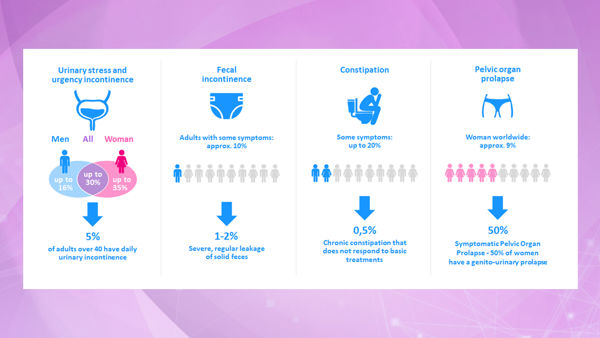
key:global.content-type: Article
Pelvic floor dysfunction is common, but not commonly talked about. In this article, you will find an explanation about basic pelvic floor anatomy, description of symptoms and how these can be managed, which can be downloaded and handed out to your patients.
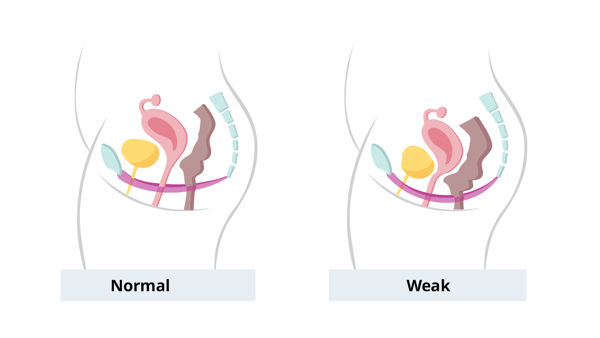
key:global.content-type: Article
A rectocele is a bulge in the anterior or posterior rectal wall, that traps stool resulting in incomplete emptying. In this article you will learn more about this common condition.
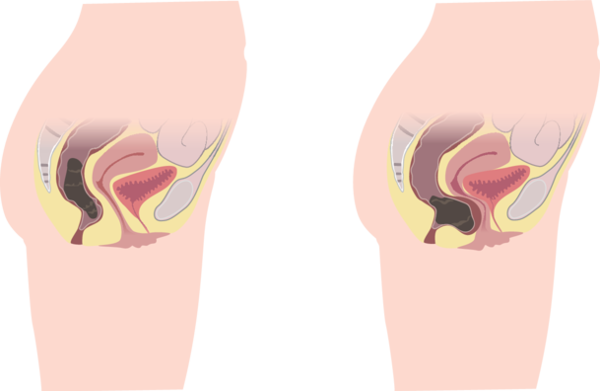
key:global.content-type: Article
The majority of individuals with SCI experience significant symptoms related to neurogenic bowel dysfunction. For example, 42% experience constipation and as many as 77% experience fecal incontinence.

key:global.content-type: Article
Bowel dysfunction is a condition that can have many different causes. There could be a neurological disease in the spine/brain pathways which affects the bowel control, or an obstruction, and for some individuals there are no underlying medical reasons why the bowel does not function.
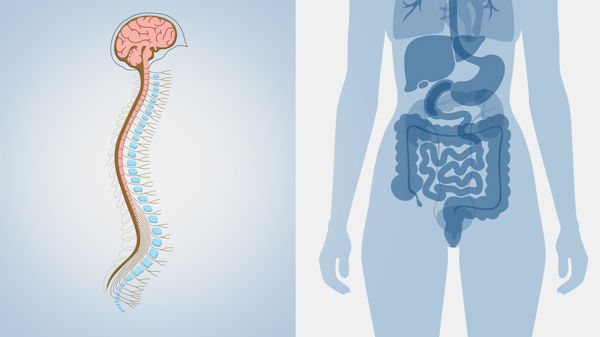
key:global.content-type: Article
In order to determine the correct treatment pathway, it is essential to undertake a detailed assessment. Components must include an assessment of the persons general health, previous abdominal and colorectal surgery, medications, plus functional ability to reach the toilet, cognition and awareness of bowel sensations, and current bowel management.

key:global.content-type: Article
Constipation is one of the most common symptoms and could be divided by the cause of the symptoms into primary and secondary constipation.

key:global.content-type: Article
Fecal incontinence (FI) is the symptom that is ranked as the most bothersome for patients. FI is also the most under reported due to the taboo nature and embarrassment associated with it.
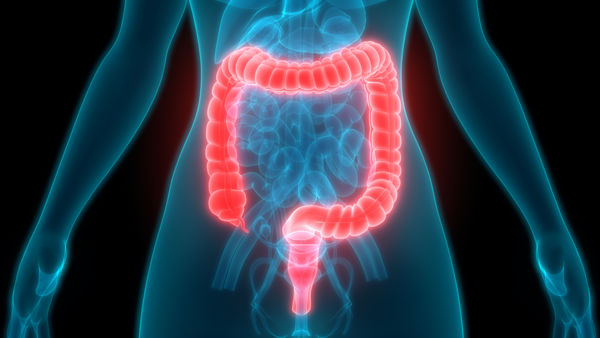
key:global.content-type: Article
Low Anterior Resection is a surgery to remove cancer of the rectum. The part of rectum containing the tumor is removed and the remaining part of the rectum is reconnected to the colon. The surgical procedure saves the sphincter in up to 90% of the surgeries and by that avoids permanent colostomy.
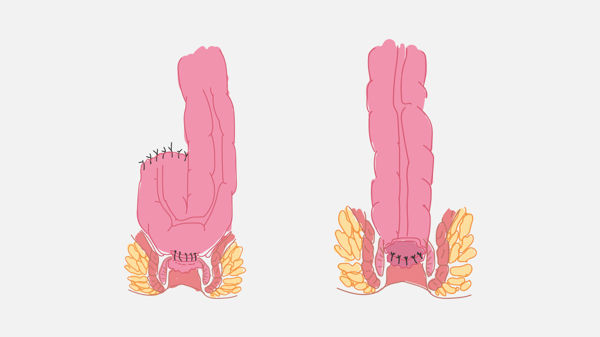
key:global.content-type: Article
Multiple sclerosis (MS) is a lifelong neurological condition that affects the nerves in the brain and spinal cord, the central nervous system. Not all people will experience the same symptoms.
